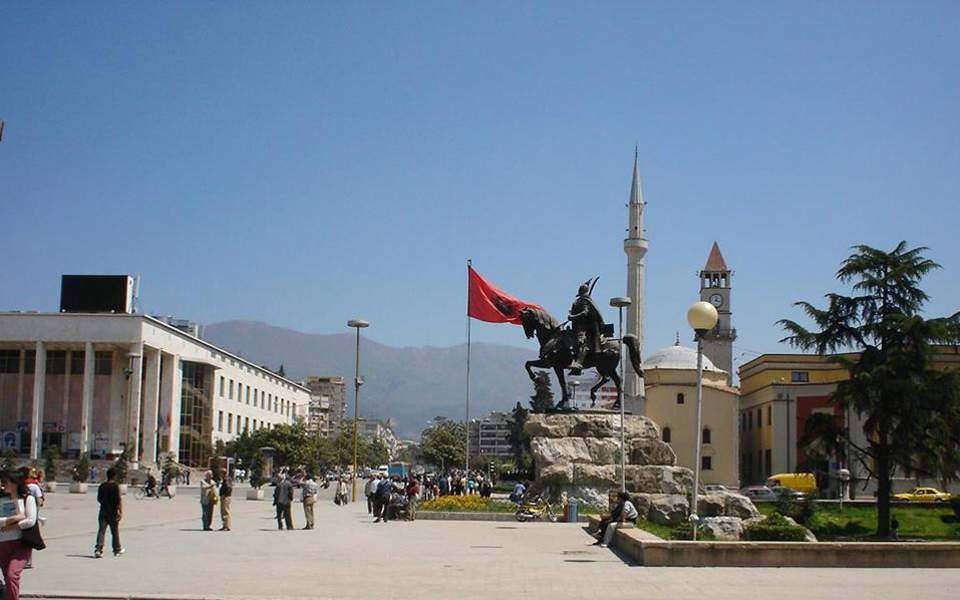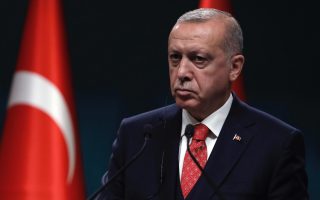From Tirana to Skopje

Turkish President Recep Tayyip Erdogan has funded the construction in a central Tirana park of a memorial commemorating “the martyrs of July 15,” a reference to the Turkish citizens who lost their lives in the failed coup of 2016.
The memorial is part of Ankara’s wider effort to infiltrate the Balkans. Erdogan is also using religion as a critical instrument in this effort, a fact demonstrated by Turkey’s funding of “the largest mosque in the Balkans” currently under construction in Tirana.
As Turkey was handing over the memorial to the citizens of Tirana (amid a fair amount of controversy), authorities in nearby North Macedonia were putting a plaque on the Alexander the Great statue in the central square of Skopje, which explained that the ancient warrior king belongs to the history and civilization of the ancient Greeks.
Similar plaques were attached to the monument of Alexander’s father, Philip of Macedon, and his mother, Olympia.
These two unrelated albeit concurring developments highlight the dynamics evolving in Greece’s wider region, the nascent power equilibrium, the lurking risks and the opportunities on offer.
Turkey’s efforts to increase its diplomatic leverage in the Balkans and the expansion of Muslim influence in the region, both of which are currently gaining momentum, are raising eyebrows in Athens, which has reasons of its own to want to upgrade its own influence and role by, among other moves, building on its new relationship with Skopje.
Economic and commercial benefits for both nations aside, a geostrategic axis is emerging in the heart of the Balkans which is also actively backed by the European Union and the NATO alliance.
In this context, Greek radar systems screen North Macedonia’s air space all the way to the Serbia border and Greek aircraft are patrolling the area – much to the disappointment of Turkey, which was eyeing this role for itself.
Having left behind the domestic friction generated by the Prespes name accord, Athens has every reason to try and reap geopolitical benefits from the full normalization of its ties with Skopje.





